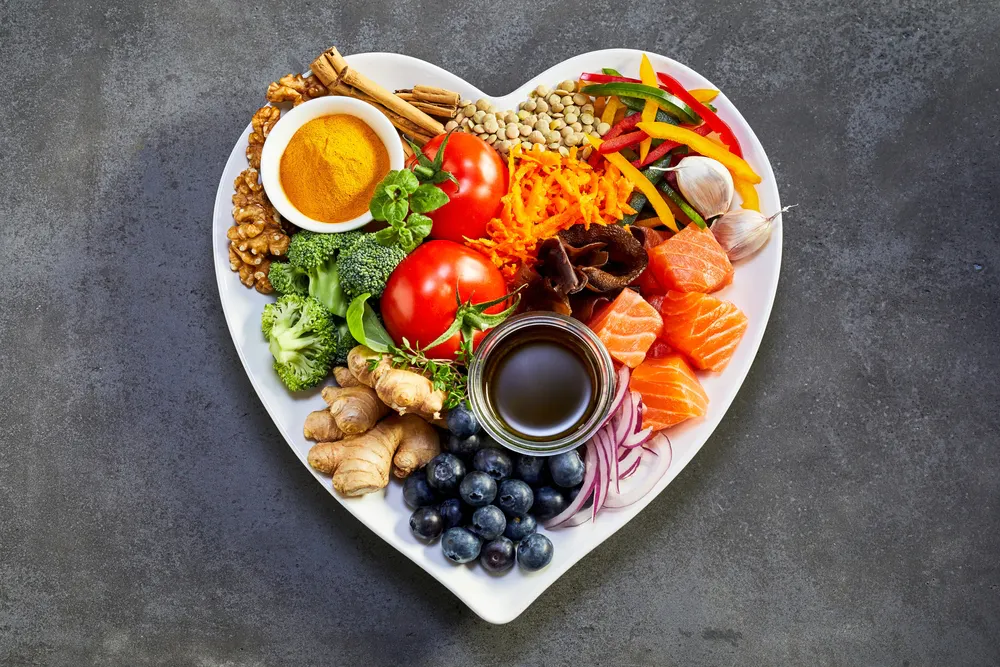The Diet-Hypertension Connection: Understanding the Vital Link
The saying “you are what you eat” proves particularly relevant for hypertension management. Dietary choices significantly impact blood pressure regulation, making it essential to understand this critical relationship. By analyzing sodium intake and nutrient-rich food selections, we can clearly see how our daily food decisions directly affect cardiovascular health.

How Nutrition Affects Blood Pressure: The Science Behind It
Nutrition serves as a fundamental factor in maintaining healthy blood pressure. The body processes consumed nutrients to regulate numerous physiological functions, including vascular pressure. While balanced, nutrient-packed meals promote cardiovascular health, poor dietary patterns can trigger hypertension.
Whole foods like fresh produce, whole grains, nuts, seeds, legumes, lean proteins, and low-fat dairy products provide essential vitamins, minerals, and fiber that support vascular elasticity and function. These nutritional powerhouses contain compounds that naturally help maintain optimal blood pressure levels.
Conversely, processed foods containing excessive sodium, unhealthy fats, and refined sugars can elevate blood pressure and increase cardiovascular risks. Individuals managing hypertension should particularly avoid processed snacks, sugar-sweetened beverages, fatty meats, and fried foods.
Sodium’s Critical Role in Blood Pressure Regulation
Overconsumption of sodium directly impacts blood pressure elevation. Health organizations recommend limiting daily salt intake to under 5 grams (approximately one teaspoon), yet most individuals significantly exceed this threshold. Reducing processed and restaurant foods while incorporating herbs, spices, and sodium-free seasonings can effectively lower sodium consumption.
The Hidden Dangers of Excessive Sugar Consumption
High sugar intake contributes to hypertension through multiple pathways, including weight gain, insulin resistance, and metabolic dysfunction. Sugar-laden beverages like sodas and fruit juices pose particular concern due to their concentrated sweetener content. Opting for water, herbal infusions, or unsweetened alternatives provides healthier hydration options.
Understanding Harmful Fats and Cardiovascular Health
Trans fats and excessive saturated fats negatively affect blood pressure and cholesterol profiles. Commonly found in fried foods, baked goods, and processed snacks, trans fats simultaneously raise LDL cholesterol while lowering beneficial HDL levels. While naturally occurring saturated fats from animal products and certain tropical oils are less harmful, moderation remains key.
Comprehensive Lifestyle Approaches to Hypertension Management
Effective blood pressure control requires holistic lifestyle adjustments alongside any medical treatment. Implementing sustainable dietary changes and physical activity routines can yield substantial benefits. Arvi Health’s specialized hypertension coaches develop customized plans addressing individual health profiles, offering expert guidance on nutrition, exercise programming, stress reduction techniques, and medication adherence for optimal results.
In essence, hypertension management demands conscientious food selection. Choosing whole, minimally processed foods over sodium-heavy convenience products forms the foundation of cardiovascular wellness. A balanced diet emphasizing plant-based foods, lean proteins, and whole grains not only lowers blood pressure but also reduces risks for related health complications.
While lifestyle transformation presents challenges, Arvi Health’s comprehensive hypertension program provides the necessary support structure. Combining evidence-based lifestyle strategies with medical management, Arvi’s personalized coaching delivers ongoing motivation, progress tracking, and tailored recommendations to facilitate lasting health improvements and enhanced quality of life.







